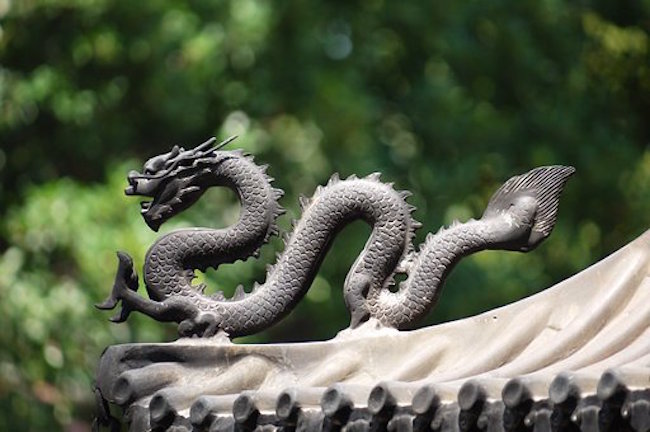Western Journalist Publishes Rare View Inside a China COVID-19 Quarantine Camp Comments by Brian Shilhavy, Editor, Health Impact News
GNN Note – A couple of short vids…
China had built a 5,000-room quarantine camp for overseas arrivals.
Would you like to come to China for your vacation?🚨
🔊sound optional …😰🧐 pic.twitter.com/iBnkf60qGN
— Wall Street Silver (@WallStreetSilv) November 5, 2022
China 🇨🇳
Meal time at a Chinese quarantine camp.pic.twitter.com/hNUseELSqh
— James Melville (@JamesMelville) October 30, 2022
/ END
British journalist Thomas Hale is the Shanghai correspondent for Financial Times, and he recently published a rare account of what life is like inside one of China’s COVID-19 quarantine camps, where he was restricted for 10 days, not because he tested positive for COVID, but because he was tracked through his cell phone as being close to someone else who tested positive for COVID.
The title of the article is I spent 10 days in a secret Chinese Covid detention centre.
The call came from a number I did not recognise.
“You need to quarantine,” a man on the other end of the line said in Mandarin. He was calling from the Shanghai Municipal Center for Disease Control and Prevention. “I’ll come and get you in about four or five hours.”
I dashed out of my hotel to stock up on crucial supplies. Based on advice from colleagues and my previous experience of quarantine in China, these included: tinned tuna, tea, biscuits, three types of vitamin, four varieties of Haribo sweets, Tupperware, a yoga mat, a towel, cleaning equipment, an extension cable, a large number of books, eye drops, a tray, a mug and a coaster with a painting of the countryside surrounding Bolton Abbey in North Yorkshire.
Four to five hours later, I received another phone call. This time it was a woman from the hotel’s staff. “You are a close contact,” she said. “You can’t go outside.”
“Am I the only close contact in the hotel?”
I was, she told me and added “the hotel is closed”, meaning locked down. I went to the door of my room and opened it. A member of staff was standing there. We both jumped.
“You can’t go outside,” she said, mid-jump.
“Will the staff be able to leave?” I asked apologetically.
“It’s OK. I’ve just started my shift,” she replied, smiling.
What follows is a detailed account of his experience, which is apparently quite rare for a foreigner, and perhaps resulted from a misspelling of his name when his information was entered into their COVID-19 tracking system.
And while being forcibly confined as basically a prisoner, one of the things that apparently surprised Hale was how compliant and accepting the Chinese were to such drastic measures with China’s ZERO Covid policies.
One man told me he estimated that 90 per cent of Chinese people agreed with the government’s approach.
That approach, known as “zero Covid”, is one of maximal suppression of the virus. It employs contact tracing, constant testing, border quarantine and lockdowns in order to stop community transmission of the virus as soon as a case is detected. It is aggressive and could only really exist in the long-run in an autocratic society with the mechanisms for mass surveillance already in place. There is no end in sight to the policy, despite China’s vaccination rate of about 90 per cent.
He documents his being taken away to an island where the quarantine camp was built, and where few foreigners have ever been.
The men in hazmat suits arrived a little later. First, they administered a PCR test with the same rushed weariness of the man who had called me earlier. Then, one escorted me down the deserted hallway. We passed the lifts, which were blocked off and guarded, and took the staff elevator. Outside, the entrance was also cordoned off. A hotel with hundreds of rooms had been frozen for me alone. I was being “taken away”, as this process is commonly referred to in China these days.
In the empty street, a bus was idling. It was small, a vehicle for school trips or large families, maybe. We drove off. “Are we going to another hotel?” I asked one of the dozen or so passengers on board.
“It’s not a hotel,” he said.
“Tian a,” another passenger said. This expression, often translated as “Oh my God”, conveyed more of a “For goodness’ sake” in this case.




